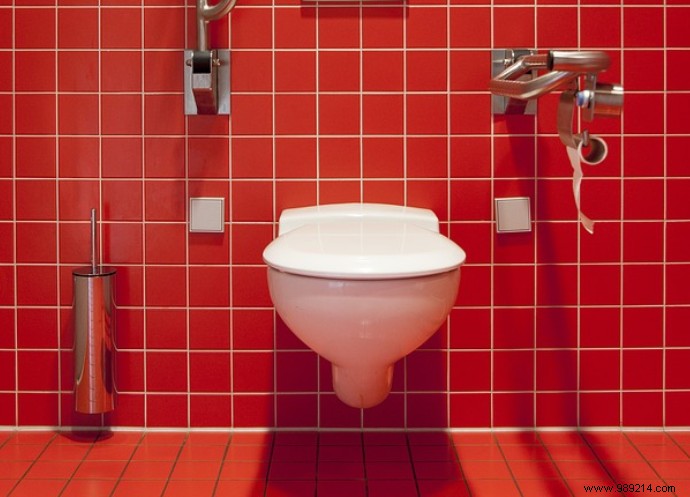Duke University researchers have engineered a retrofit tool for standard toilets that captures and analyzes stool samples, delivering actionable insights to gastroenterologists for improved patient care.
Though not a glamorous topic, stool analysis remains a cornerstone of medical diagnostics, revealing diseases through characteristics like shape, color, and texture. For years, innovators have pursued real-time toilet-based analysis to streamline this process.
At the recent Digestive Disease Week® (DDW), a Duke University team showcased their solution: a system that images stool in plumbing for AI-driven evaluation. This could transform management of chronic conditions like inflammatory bowel disease (IBD) and irritable bowel syndrome (IBS).
Gastroenterologists often depend on patients' subjective reports, which prove unreliable. "Patients frequently forget details about bowel movement consistency or frequency—essential for routine monitoring," explains Deborah Fisher, MD, project lead. "Smart Toilet technology captures long-term data for swift diagnosis and ongoing management of GI issues."

Fisher's team trained the tool on 3,328 gastroenterologist-annotated stool images, scored via a clinical standard scale. A deep learning algorithm enabled the AI to classify samples with 85.1% accuracy.
This precision positions it as a reliable monitoring aid. Installation requires no plumbing overhaul—simply retrofit into existing pipes. Sonia Grego, PhD, Director of Duke's Smart Toilet Lab, notes patient enthusiasm: just flush, and the tech handles the rest.
Currently a prototype, future iterations will add biochemical marker sampling for deeper disease insights.